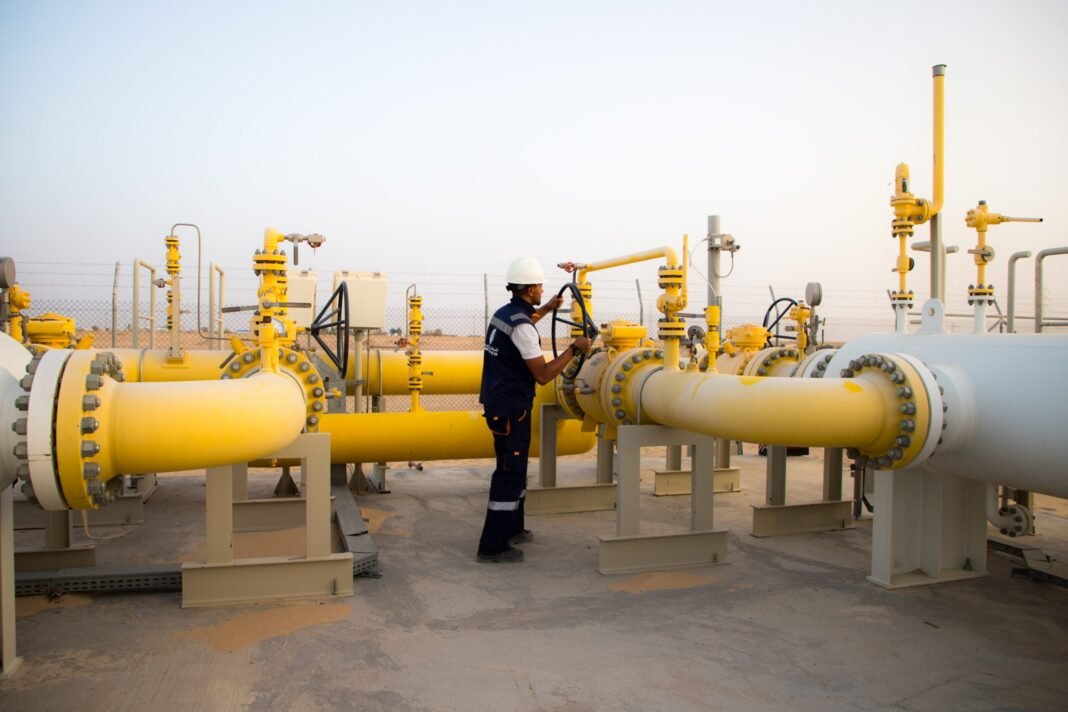Iraq continues to expand its industrial base. The Directorate General of Industrial Development issued 165 new preliminary Iraq industrial licences in April. These licences open the door for fresh investment in many important sectors.
To begin with, the approvals cover food, chemicals, metals, construction materials, textiles, and engineering industries. Each sector adds value to Iraq’s long-term development goals. Baghdad led the approvals with 26 new projects, showing strong economic activity in the capital.
Moreover, Iraq industrial licences, Dr. Eng. Ali Ibrahim Janan shared this update. He leads the Directorate General of Industrial Development, part of the Ministry of Industry and Minerals. According to him, the goal is to diversify Iraq’s economy and boost job creation.
In addition, other provinces showed strong participation. Babylon received 20 project licences, while Nineveh secured 17. These numbers reflect growing investor interest across Iraq. Not just Baghdad, but also other regions are seeing real industrial momentum.
Furthermore, the Ministry encourages private sector participation. The new Iraq industrial licences signal a welcoming environment for local and foreign investors. Investors now view Iraq as a destination for industrial growth and innovation.
Notably, many approved projects focus on food production. This reflects Iraq’s efforts to strengthen food security and reduce imports. Chemical and construction sectors also gained multiple approvals, pointing to Iraq’s rebuilding and urban development priorities.
Similarly, textile and metal industries gained momentum. These sectors support job creation and domestic manufacturing. Engineering project approvals aim to support Iraq’s infrastructure needs and technical progress.
As a result, as Iraq pushes toward self-reliance, these Iraq industrial licences act as building blocks. More projects mean more factories, more jobs, and a stronger economy. Dr. Janan emphasized that the Ministry will continue supporting entrepreneurs and business owners.
In conclusion, these new project licences represent Iraq’s commitment to development. Each one brings the country closer to industrial independence and economic diversification. Iraq remains focused on expanding its non-oil sectors with a clear vision and active leadership.





